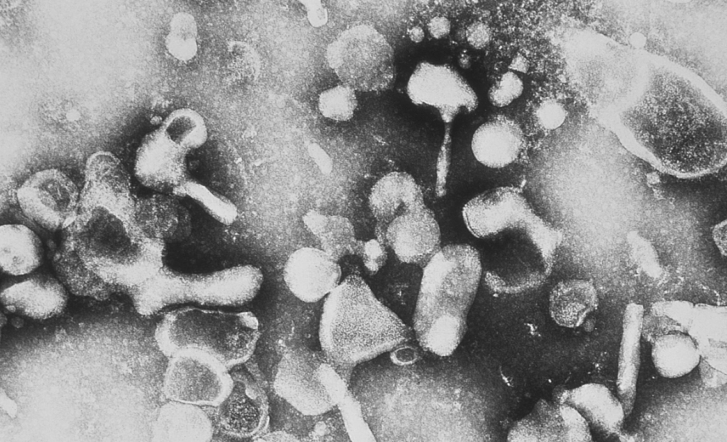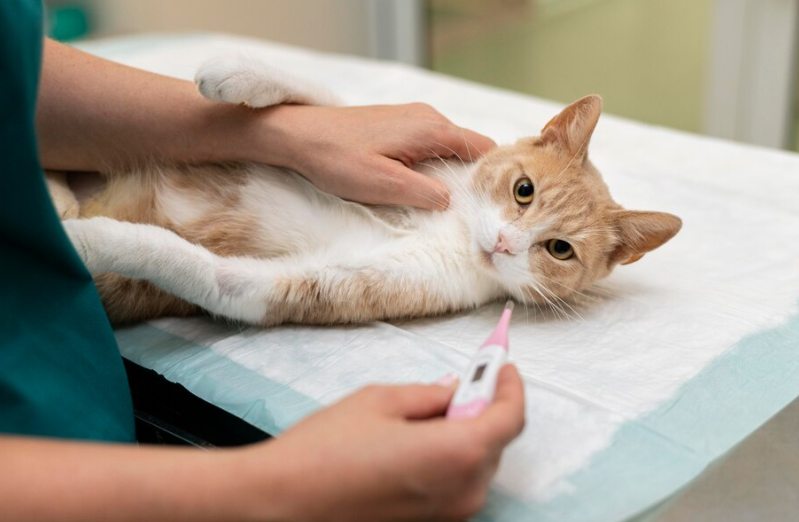

Symptoms may vary depending on the type of leukemia, but generally may include:

Grooming each other or sharing food bowls, water, and utensils
Fighting and biting
Transmission from mother cat to kittens during pregnancy or nursing
Blood transfusion (if the donor blood is not screened)
Especially cats that go outdoors frequently or live with many other cats are at higher risk of infection.

There are several treatment methods depending on the type of leukemia, the stage of the disease, and the overall health of the patient. The main treatments include:
Chemotherapy: The use of drugs to kill cancer cells
Radiation therapy: Using high-energy radiation to destroy cancer cells
Stem cell transplantation or Bone marrow transplantation: Replacing damaged bone marrow with healthy marrow
Targeted therapy: Using drugs that specifically target cancer cells
Immunotherapy: Stimulating the immune system to fight cancer cells

Vaccination against leukemia: Cats should receive the vaccine when they are young, especially those at high risk
Indoor-only living: Reduces risk of exposure to infected cats
Blood testing: It is recommended to test new cats or have annual screenings
Avoid sharing items with untested cats
Leukemia can affect a cat’s health in several ways, such as:
Weakened immune system, making them prone to infections like respiratory, skin, or oral diseases
Anemia, fatigue, poor appetite, and weight loss
Leukemia or tumors in various organs
Shorter lifespan if not properly cared for
Cats infected with FeLV can still live a good quality life if properly cared for, such as:
Regular veterinary visits
High-quality, nutritious food
Indoor living to avoid secondary infections

If you have a cat and are unsure whether it is infected, it's best to take it for a blood test at a clinic or animal hospital for peace of mind and proper health planning.

The history and beliefs surrounding the Siamese cat (08/08/2024 16:20)
...Read more
What is Myfxbook? And how to link a trading account with Myfxbook? (29/03/2025 23:35)
...Read more
What is gold? And who has the most gold in the world? (06/08/2024 15:45)
...Read more